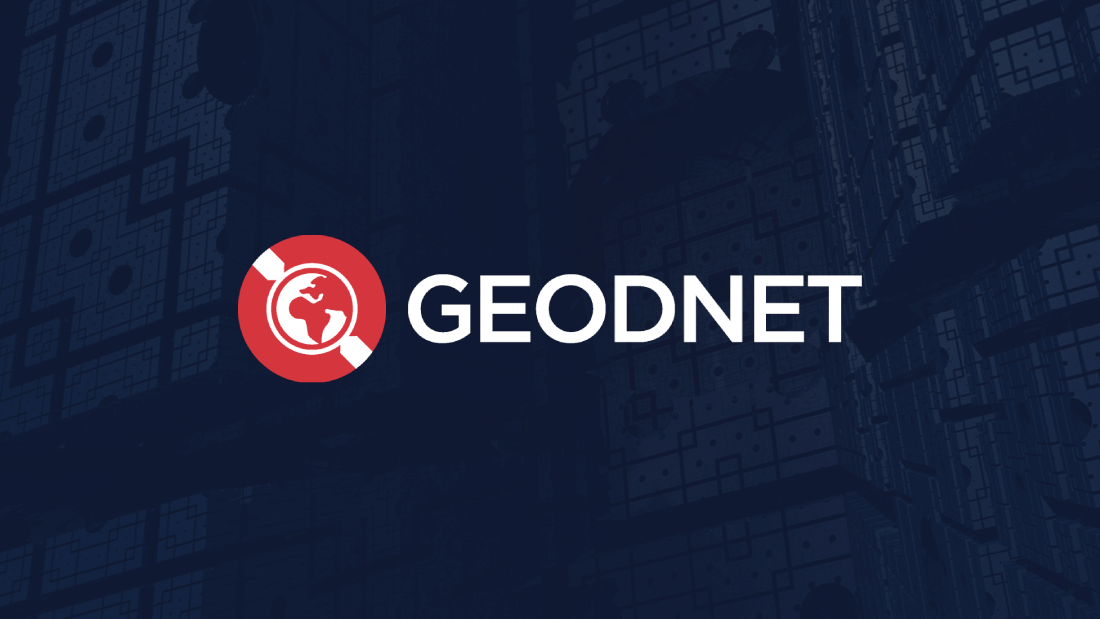GEODNET has been showcasing advancements that are setting new benchmarks in geospatial technology. This innovative approach utilizes a decentralized network to enhance monitoring of space weather, particularly the effects of solar winds on GNSS signals, ensuring exceptional accuracy in positioning and timing.
GEODNET’s mission is to gather dense real-time geospatial data from the Earth and its atmosphere through a new class of roof-mounted Space Weather stations. This cutting-edge network, known for its extensive and modernized infrastructure, boasts the largest number of triple-band stations worldwide, ensuring high-quality service across various industries and applications.
With a recent seed funding boost, GEODNET is rapidly expanding its network, targeting an impressive scale-up to 20,000 stations. This expansion is pivotal in maintaining the network’s high reliability and precision, crucial for their diverse customer base. The network's technological advancements include increasing reference station density and integrating sophisticated monitoring technologies, continuously pushing the boundaries of RTK network accuracy and reliability.
Key to this growth are strategic collaborations with companies like Rock Robotic. These partnerships enable the delivery of specialized RTK solutions, enhancing precision in fields such as surveying and drone operations. By integrating local expertise and specialized services, these alliances effectively meet a wide range of customer needs.
Community feedback plays a vital role in the network's development strategy, leading to enhancements such as triple-frequency data support and standardized NGS-calibrated antennas. These improvements have significantly boosted network compatibility and performance, ensuring the system remains aligned with user needs and expectations.
Central to the network’s ecosystem is the GEOD utility token, which facilitates essential transactions and incentivizes base station operators. This Polygon token supports the network's operational efficiency and economic balance. Moreover, the token mining process is designed to be environmentally sustainable, requiring minimal power and aligning with the company’s commitment to eco-friendly practices.
Looking ahead, the aim is to integrate RTK technology more deeply into consumer products, enhancing everyday precision for various applications. With a strategic plan to expand to 100,000 nodes, the company is poised to revolutionize the geospatial technology market, making precise location services a standard feature in everyday life.
Sources:
